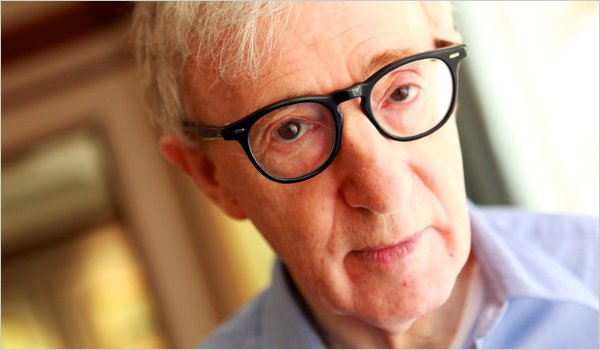There are all kinds of bravery. There is physical bravery which allows firefighters to run into burning buildings when everyone else is running out, or empowers young soldiers to put themselves in harm’s way even when they can avoid doing so.
There is moral bravery — the kind that people find within themselves when they must speak truth to power, or otherwise stand up for that in which they believe even when it will be unpopular. Sacred bravery fuels our ability to both seek and grant forgiveness.
As Yom Kippur, the Day of Atonement, approaches, I ask myself and others whether or not we are brave enough to be forgiving. Are we willing to take chances on ourselves and on the people in our lives?
Are we willing to be as brave as God?
Seeking and granting forgiveness will make us feel vulnerable, if we are serious about what we are doing, and making ourselves vulnerable takes real courage.
Yom Kippur reminds that we have what it takes, and that if we take those chances and feel that vulnerability, we can find greater fulfillment and peace than we often imagine is possible. In fact, the fundamental promise of Yom Kippur is that we will be fine — fully forgiven for anything we have done wrong in the past year.
According to Leviticus 16:30 atonement will be made, and we will be purified, on Yom Kippur. The verse has no qualification or limitations. It reassures us that no transgression is so big that it cannot be redressed, at least as far as God is concerned. The day will do its job, the Bible promises. But will we do ours?
The prophet Isaiah said that God forgives people because God wants to forgive, and therefore all transgressions against God will be forgiven. Do we actually long to forgive them? Are we willing to be as brave as God when it comes to forgiveness?
There are no limits to that which can be forgiven, but there are limits as to who can forgive any given thing. We cannot demand that others forgive what has been done to them, and we cannot forgive people for the hurt they have caused others.
The issue is our relationship to the person or act that needs to be forgiven, not the severity of the act, which some people might deem unforgivable had it happened to them. We are free to forgive anything, but we can only forgive that which has been done to us.
Sacred bravery is about forgiving others, and about doing so because we want to — because to do so will help us be who we most want to be. And then,
sacred bravery, when we really feel it, invites us to go one step further.
Sacred bravery is not only about granting forgiveness, but also about finding the courage to seek it. It’s about trusting that nothing is truly unforgivable as long as we are willing to work it out with the ones we have wronged. It may take time, even a great deal of time, but all can be forgiven. That is the promise of Yom Kippur.
So this year, I am working on being brave and encouraging others to follow suit. However and wherever one spends the holiday, we should all take the time to think about at least one person from whom we have not sought forgiveness but really must. We should be asking ourselves not whether it will work, but what one concrete step — even a small one — we can take to move in that direction.
We also should consider how we can forgive one person who still needs forgiveness from us. And if that is too much to ask of ourselves, at least think about what it is that keeps us from forgiving and how we might move beyond that barrier.
The day will do its job; the real question is whether or not we will do ours.

